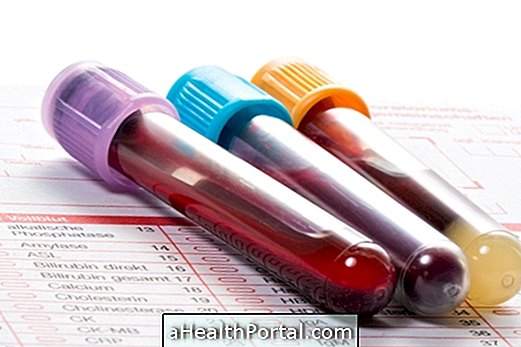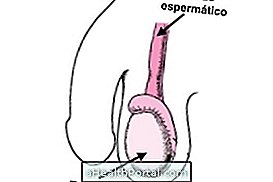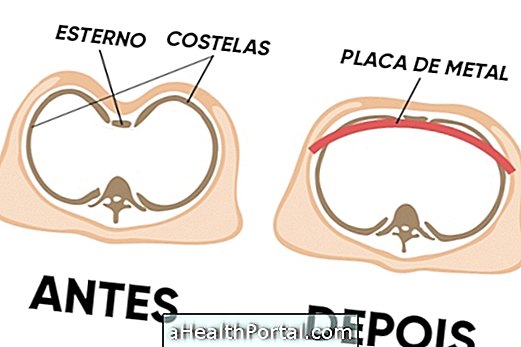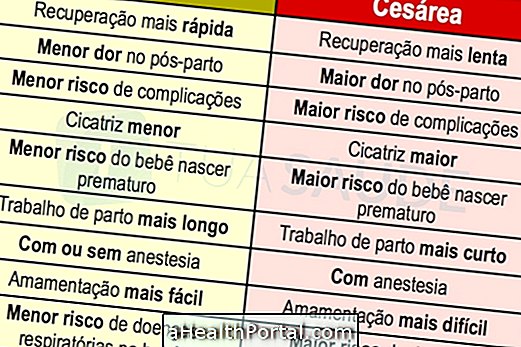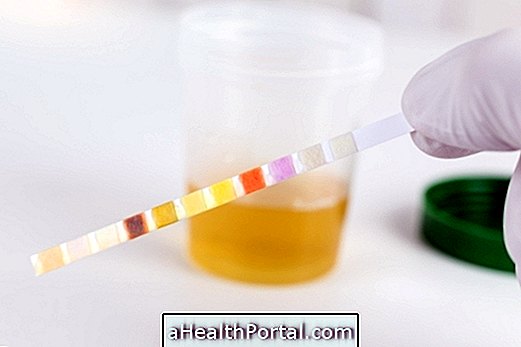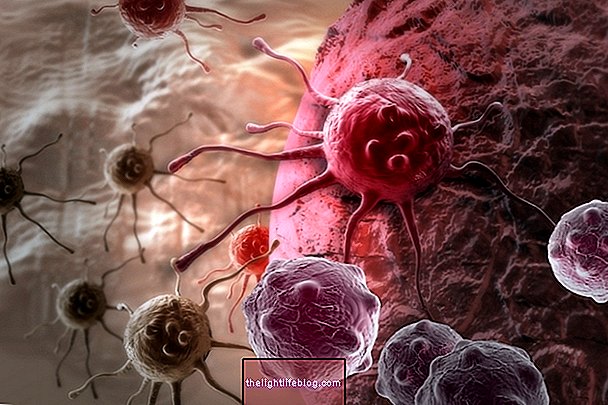Sperm donation is a voluntary act in which a man can donate his sperm to be used by couples or women who do not have access to fertile or quality sperm but who wish to become pregnant and raise a family.
Generally, sperm are collected and frozen in a sperm bank, then selected by the candidates, thawed and used in in vitro fertilization processes. Understand how this fertilization technique is done.
Throughout the process, both the identity of the donor and the candidates is kept anonymous, according to the legislation determined by Anvisa and the Federal Council of Medicine.
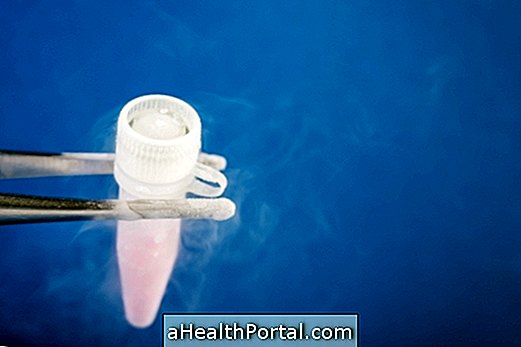
Who can donate
Sperm donation can be done by men who meet the following criteria:
- Be between 18 and 45 years old;
- Being healthy and not having sexually transmitted diseases;
- Do not belong to the risk group for STDs;
- Do not have genetic or congenital diseases in the family.
In addition, it is further recommended that the donor be near a fertilization clinic where the donation is made or a sperm bank, since it is necessary to have blood tests and frequent donations at least every 6 months to ensure the better quality.
After the first donation, the sperm sample is analyzed and if it is of quality, the man should do blood tests to evaluate his health. If all exams are correct, the man is approved by the medical team and becomes a donor. See what kind of problems can be identified in sperm exams.
Where to donate
Sperm donation can usually be made on Sperm Banks, such as Proseed or IVI, for example.
Before donating it is advised that the man stay between 3 to 7 days without having sex or masturbation, in order to guarantee the best quality of the sample.
Is there compensation for the donation?
In Brazil, the donation of sperm can not be remunerated, since, by law, payment for samples of spermatozoa is prohibited.
However, donors receive their test results free of charge, which includes sperm production, sperm culture, blood tests and consultations with a urologist.


